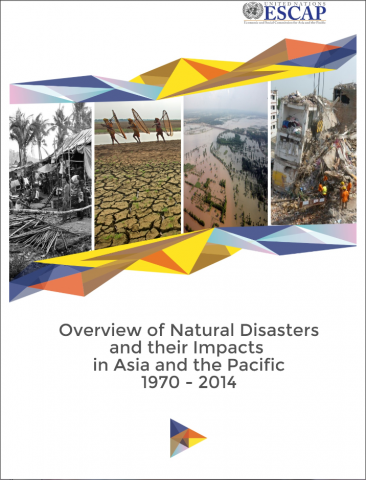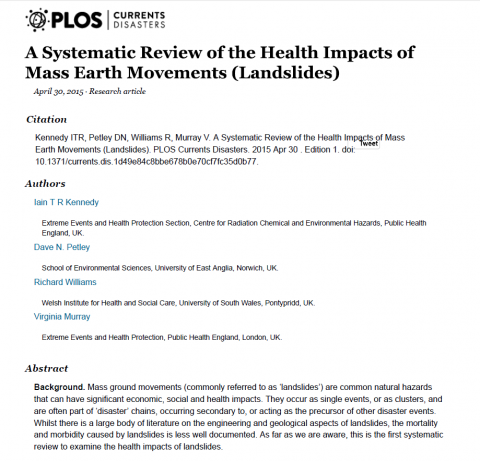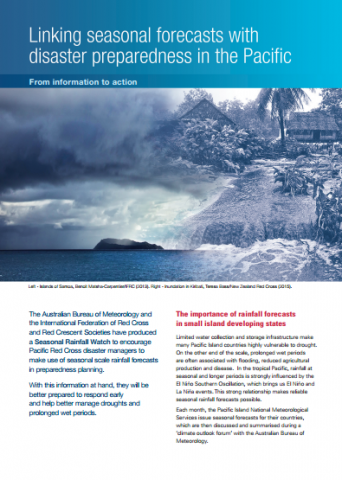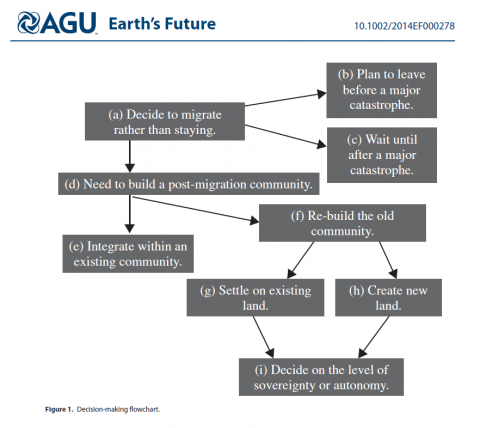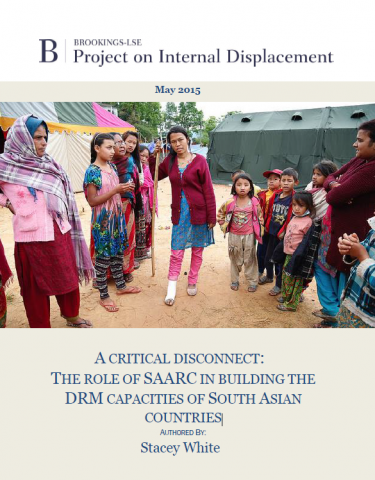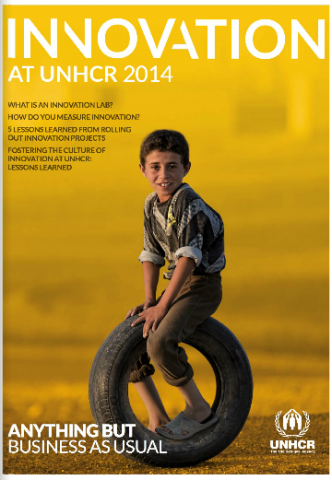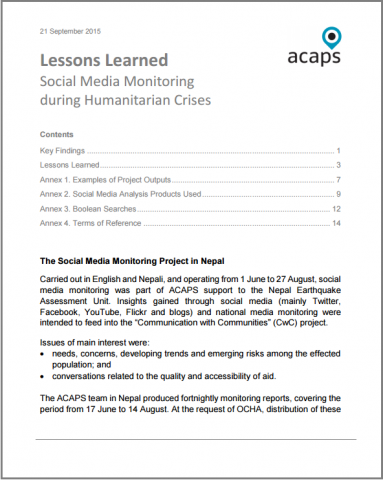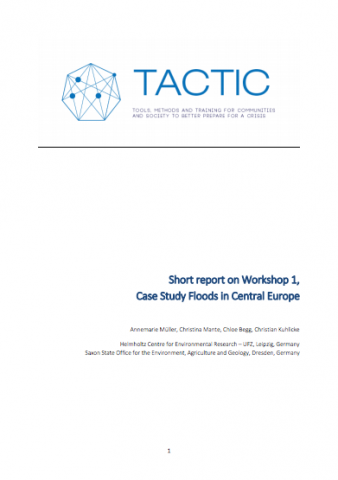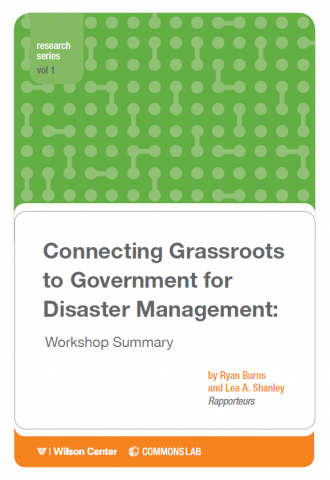Overview of Natural Disasters and their Impacts in Asia and the Pacific, 1970 – 2014
Asia and the Pacific is the most disaster-prone region in the world. Geologically, the region is characterized by active tectonic plate movements in the Pacific and Indian Oceans, which have been the source of major earthquakes and tsunamis. In the past decade alone, a person living in Asia-Pacific was twice as likely to be affected […]
Overview of Natural Disasters and their Impacts in Asia and the Pacific, 1970 – 2014 Read More »

